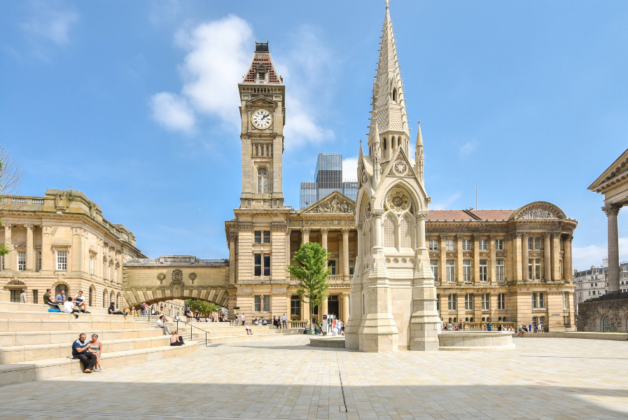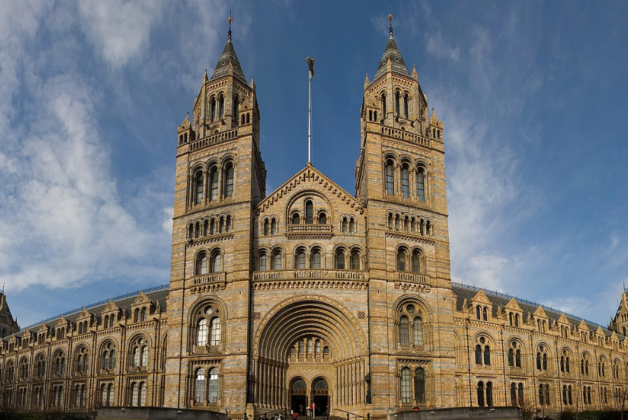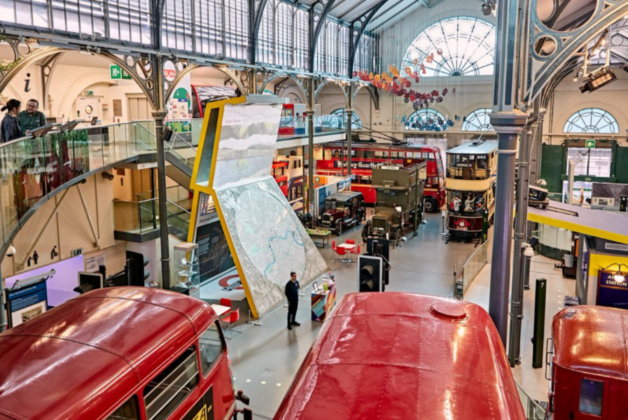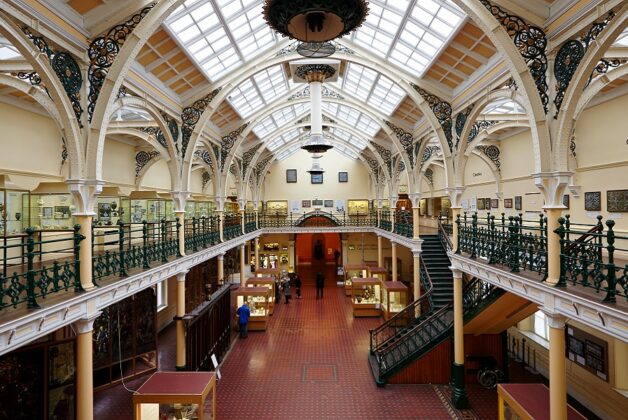As well as the Museum Resilience Fund announcement ACE also publishes independent report The Economic Impact of Museums in England
ACE announced today that a total of 108 organisations were successful in receiving £17.5m as more than 170 museums across England applied for ACE’s latest Museum Resilience Fund grants making it the organisation’s most successful round of funding.
It was originally planned that £10million would be made available for 2015/16, with indicative budgets for 2016/17 and 2017/18. However, the huge volume of applicants, and the proportion of organisations applying for funding over two-to-three year periods, meant that ACE allocated more than half of its total capital for this particular fund.
“Over three years we have a budget of £30m and we have decided in this first round to commit £17.5m,” said ACE’s director of Museums John Orna Ornstein. “There were some very strong applications running over two-to-three years so we decided to commit more of the budget than we anticipated.”
This may result in the next stage of the Museums Resilience Fund, which will open for applications in October, being the final round. The Museum Resilience Fund’s aim is to support a wide range of museums in becoming more sustainable and resilient organisations at a challenging time, and to ensure they have access to collections expertise and knowledge.
Among the successful cross-sector organisations was the Association of Independent Museums, which has received funding for a national project providing practical training and a new national network of support for museum Trustees, all aimed at increasing sustainability for museums. There were also successful museum groups such as Hampshire Cultural Trust, which put in an application for a transformational programme of work aiming to establish a sustainable operating model for the former Hampshire/Winchester local authority museum services.
Epping Forest District Museum and Lowewood Museum were successful with its plans to explore new governance and fundraising models to increase resilience and strengthen capital development plans. “We were delighted with the quality of the applications, which meant we had to make some very difficult decisions, and inevitably this meant that some very good projects weren’t funded,” he said.
In order to find the right balance for grants, both on a geographical and local need level, ACE had a team of relationship managers that assessed the applications across the country at a regional level and also a national assessment panel that made the final decisions.
There were also awards for seven Subject Specialist Networks that received funding to cultivate and share curatorial expertise and support, which included the Money and Medals network at the British Museum. “It’s all about supporting museums across the country and in the British Museum’s case, making best use of their coins, medals and bank note collection,” he said. “It’s quite specialist but at a time when very few museums have specialist curatorial staff, it’s important to make sure we have networks that provide support right across the country.”
The cuts to museums at a national and local government has been the instigator in ACE promoting resilience in the sector and, in the run up to the general election, the organisation has been engaging with political parties to promote the value of museums. “Moving on to a general election there is significant interaction at different levels, most significantly we have been talking to the Government and to Labour in particular about their cultural plans going forward, and what they both have in common is a focus on children and young people and that’s something we are very happy about,” said Orna Ornstein. He also said ACE was working very closely at a local level with one of its key goals being to influence local authorities in relation to their funding of museums.
Economic Impact of Museums in England
Ace has also launched this week the Economic Impact of Museums in England an independent report by the economic development and research consultancy TBR that looks at the economic impact museums have on local and national economies. The report states that museums of all shapes and sizes – public and private – are valued in their communities and are a core part of our cultural life. It states that half of adults (53 per cent) visited England’s 2, 635 museums or galleries in the last year.
It concludes that many museums face difficult economic circumstances, and this new understanding of their economic contribution will enable them to become even more sustainable businesses.
The Economic Impact of Museums in England report finds that: The sector contributes of £1.45bn in economic output and generating £3 of income for every £1 of public investment received.
Museums can work with businesses to the economic benefit of all, and the wider local economy, as well as support local authorities in economic development with regeneration strategies and projects.
The case studies highlight the importance of museums to their local economy, attracting visitors from elsewhere in the UK and the importance of spending by those who have stayed in the UK for their holidays.




